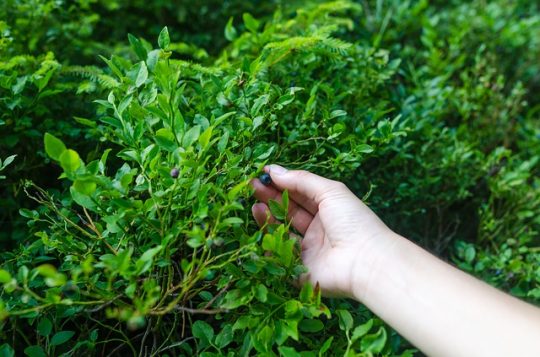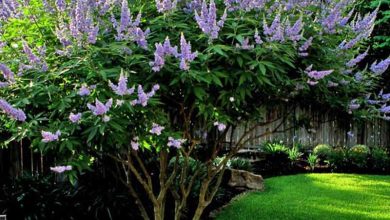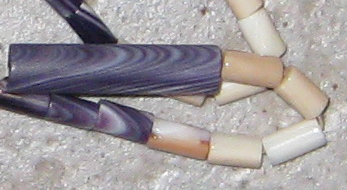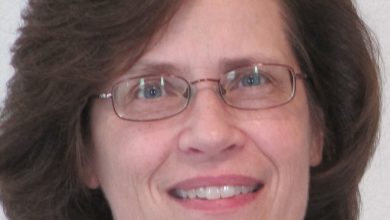Chowanoke History – Culture
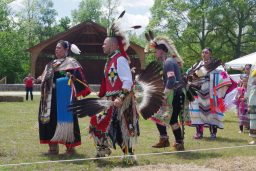
Written by Duvonya Chavis
The greatest negative impact on Indigenous people living in America has been the denial of their right to enjoy and practice their culture. Although the overall impact resulted in statistics that reveal similar social disparities among Indigenous people across the United States, American Indians were impacted in various ways depending on the region that they lived in. Several Indians residing in eastern North Carolina were reclassified as mulatto by Census takers. There are census documents from the 1800’s that clearly reveal instances where recorders listed a community of these NC citizens as Indian that was later poorly erased and changed to give them a mulatto designation. Likewise, during the 1920’s, a Register of Deeds in Virginia erased Indian from the birth records of all Indigenous people born in Virginia and reclassified them by changing their race to colored, or in one instance to white when there was vehement opposition.
However, during the same period of time in the western part of the US, it was a common practice to take Indian children from their parents, send them to boarding schools, and prohibit them from speaking their language and practicing their culture, or face severe punishment. As a result, while many reservation Indians retained aspects of their tribes’ cultures, it has been a challenge for them to recall and practice those traditions in a manner their ancestors had practiced prior to colonization. In modern society, a consensus among the elders of the tribe is needed to rediscover the formation of traditional norms.
While the US government began to accept some responsibility in the 1970’s for their mistreatment of American Indians and began to institute policies to promote Indian self-determination in an effort to correct the social disparities, their responsibility has primarily been limited to reservation or tribal Indians that are recognized by the federal government. Their responsibility to Indigenous people who remained in the eastern part of the US and who were scattered into small communities to persist distinctively as American Indian has largely been ignored. Indigenous people in the east enabled British colonization and are yet to receive reparations for the mistreatment that incurred beyond their control. Slightly more than one-half of America’s Indigenous people are recognized by the federal government, yet only a little over one-tenth of North Carolina’s Indigenous people belong to a tribe that is federally recognized.
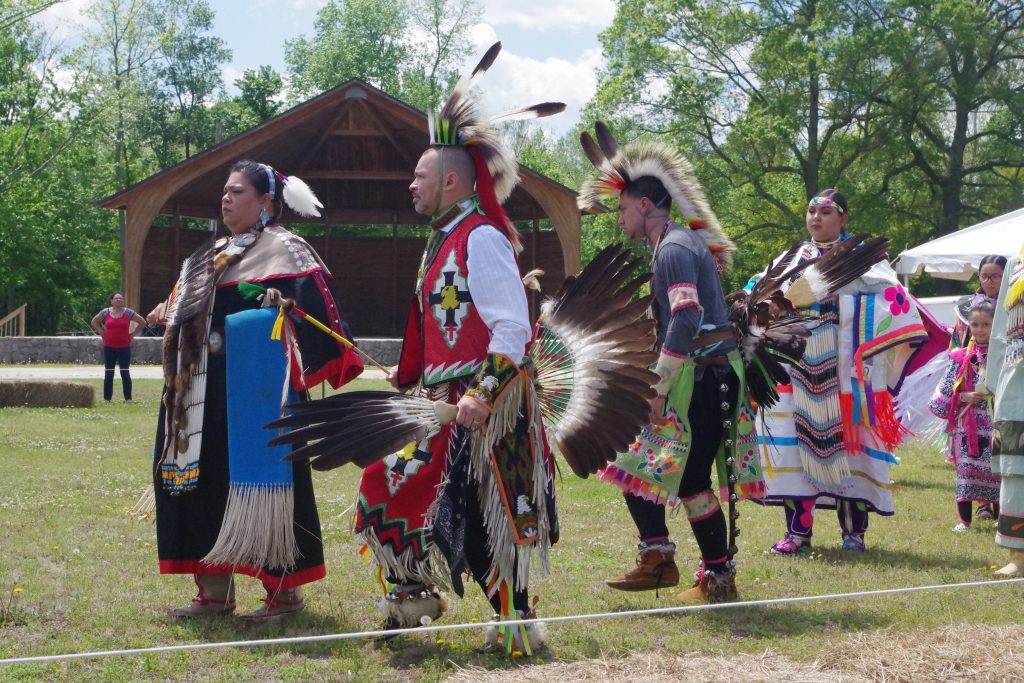
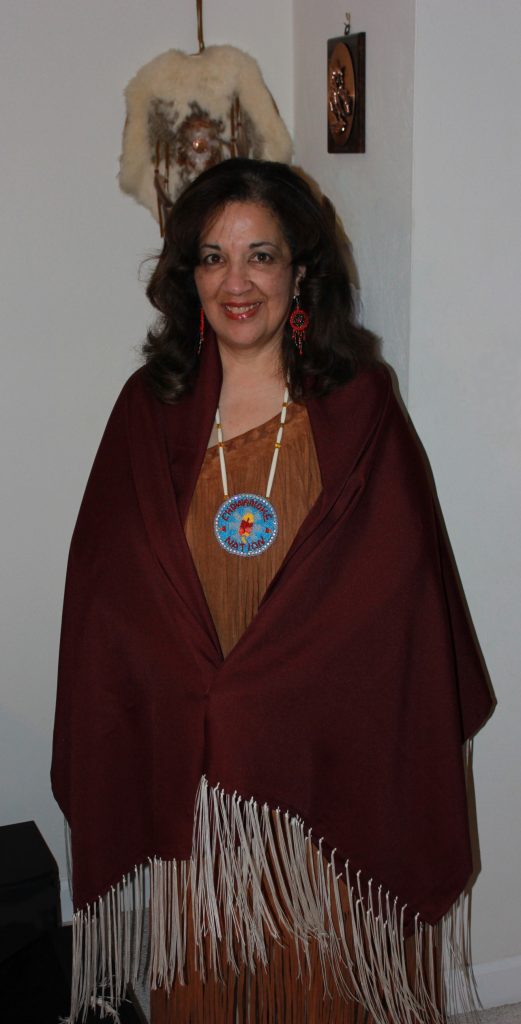
Duvonya, a Chowanoke Indian descendant, is President of Roanoke-Chowan Native American Association, a non-profit organization whose mission is to help American Indians in Northeastern NC and Southeastern VA. She currently sits on the council of the Chowanoke Tribe. In partnership with another Chowanoke descendant, she is currently developing Chowanoke Reservation for tribal descendants to gather and hold cultural events.
